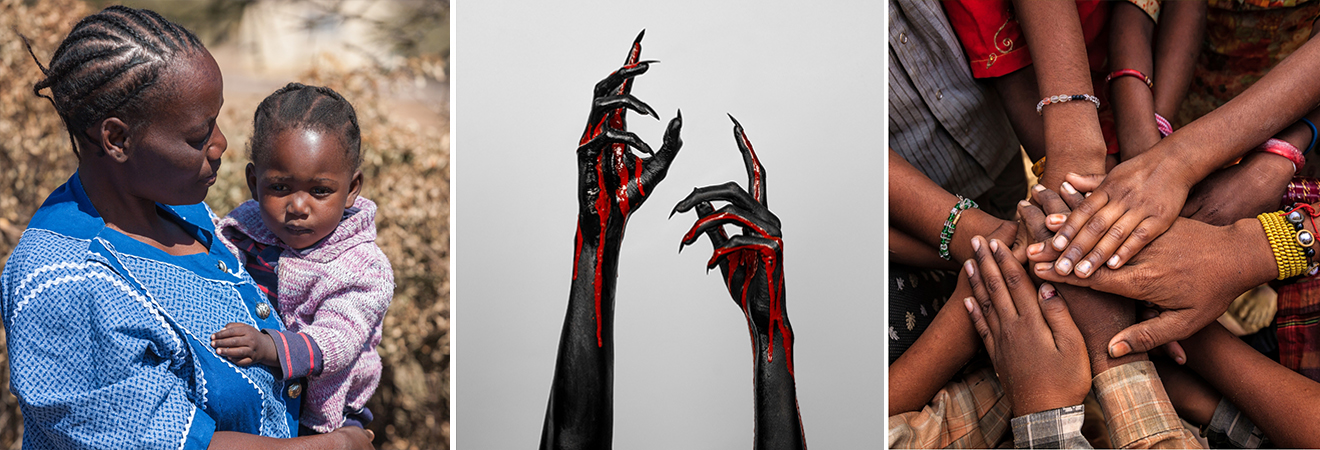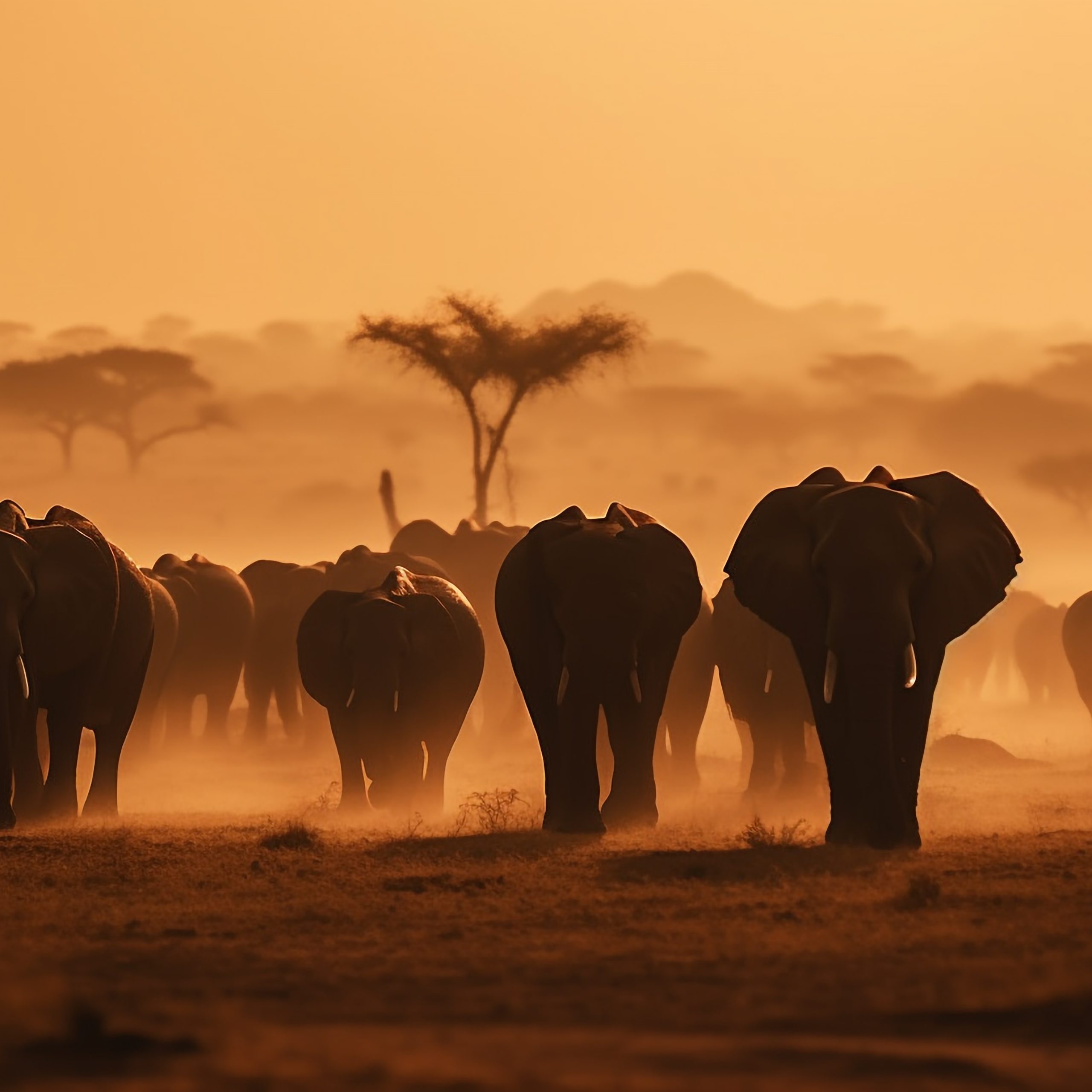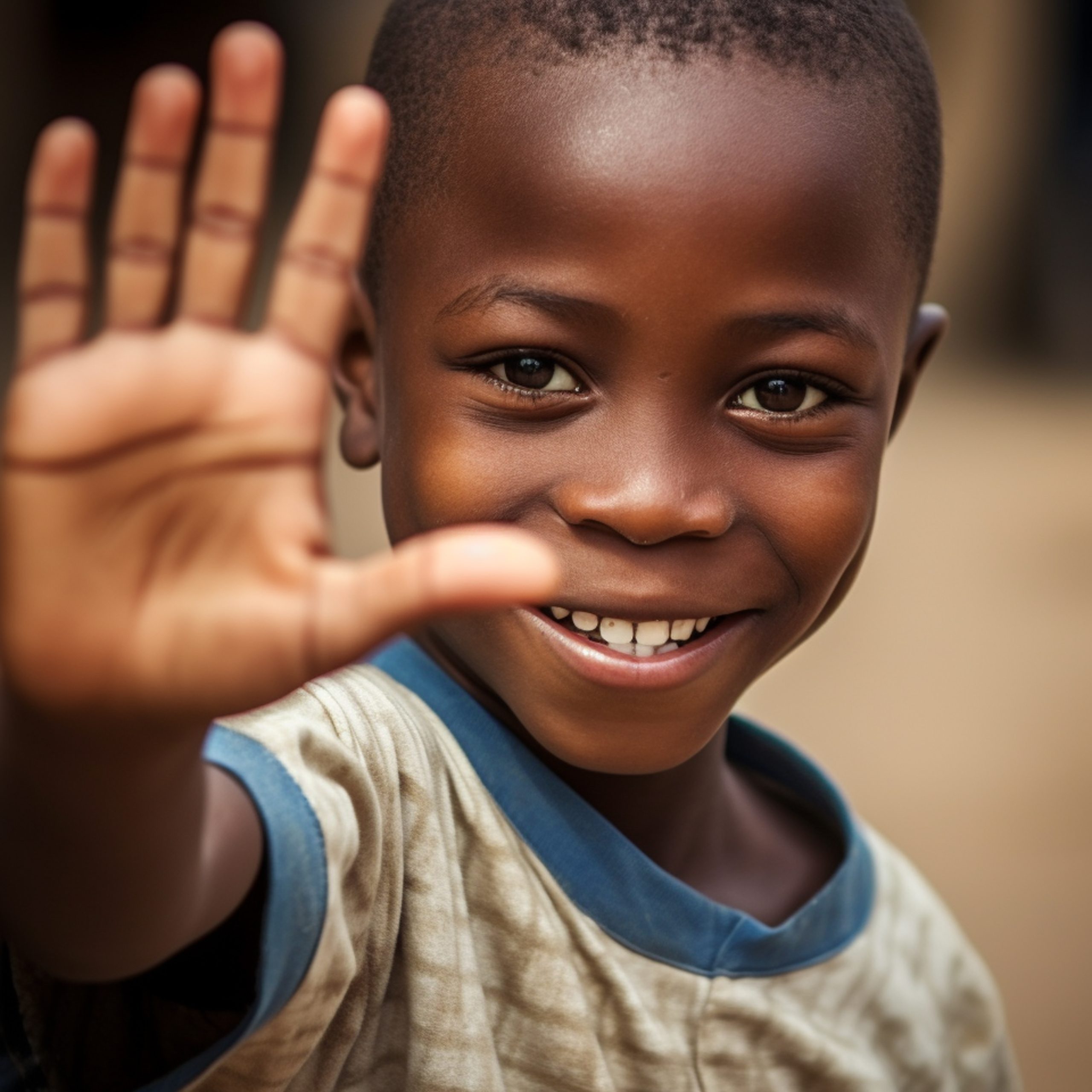Addressing Female Genital Mutilation: the remaining critical 5% of Congolese Girls in the DRC
Female genital mutilation (FGM), also known as female circumcision, is so serious a social and health issue that the United Nation has marked 6th of February as the International Day of Zero Tolerance for Female Genital Mutilation with the goal of ending it by 2030 as it is internationally recognized as a violation of human rights.
FGM is a deeply rooted cultural practice that has affected millions of girls and women across the globe particularly in Africa and the Middle East, some countries in Asia and Latin America. According to WHO more than 200 million girls around the globe go through FGM Amongst those 30 countries where FGM is practiced, there is only 5% of it in the Democratic Republic of Congo (DRC), despite the 5% this practice is impacting the lives of many young girls. This article delves into the issue, using the DRC as a case study, and incorporates insights from UNICEF reports and other relevant sources to shed light on the prevalence, consequences, and efforts to eradicate this harmful practice.
Female genital mutilation is widespread in various regions of the DRC, exhibiting varying degrees of severity. UNICEF reports indicate that approximately 5% of girls and women aged 15 to 49 in the DRC have experienced some form of genital mutilation. The prevalence of this practice is notably higher in specific ethnic groups and communities, particularly in the provinces of Bas-Uélé, Haut-Uélé, Ituri, and Tshopo, as well as Équateur, Bandundu, and North Kivu, according to the UN Committee on the Rights of the Child reports from 2017 and 2018.
FGM comprises various procedures that involve the partial or total removal of external female genitalia. These procedures are often carried out for cultural, religious, or social reasons, but they pose severe health risks and violate the rights of girls and women. In the DRC, the most common forms of FGM involve the partial or total removal of the clitoris and/or labia minora. The health complications arising from FGM are extensive and contribute to an estimated annual cost of US$1.4 billion to health systems globally. FGM is not only a grave violation of human rights but also perpetuates deep-rooted gender inequality.

Female Genital Mutilation (FGM) is categorized into four distinct types, each differing in severity. The initial type involves the removal of the prepuce or prepuce removal coupled with partial or complete removal of the clitoris, commonly referred to as clitoridectomy. The second type encompasses the removal of the clitoris along with a portion or the entirety of the labia minora, known as excision. The third type consists of the removal of a portion or the entire labia minora, with the labia majora being sewn together, a practice termed infibulation. Lastly, the fourth type includes all other detrimental procedures performed on the female genitalia for non-medical purposes.
The health consequences of FGM are extensive and can lead to both immediate and long-term complications. Short-term risks include severe pain, bleeding, and infections, while long-term risks encompass reproductive health issues, psychological trauma, and complications during childbirth. In the context of the DRC, where healthcare resources may be limited, addressing the health consequences of FGM becomes even more challenging.
The international community, including organizations like WHO, UNICEF UN Committee on the Rights of the Child and many other local organizations, has been actively working to eliminate FGM globally. In the DRC, efforts are focused on raising awareness, advocating for policy changes, and providing support to communities to abandon the practice. Community-based interventions often involve engaging with local leaders, religious authorities, and women themselves to challenge the beliefs perpetuating FGM.
Refusing to undergo Female Genital Mutilation (FGM) within a community can lead to social consequences, including potential ridicule from women within the community or, in some cases, divorce initiated by the husband. In cultures where FGM is practiced, it is often considered a tradition to enhance a woman’s chances of finding a husband and getting married.
Regrettably, the Democratic Republic of Congo (DRC) currently lacks a specific law prohibiting this practice. The legal framework only imposes relatively minor consequences when FGM is performed on a child under 14 years old, carrying a potential penalty of up to 5 years in prison. In cases where the mutilation results in the death of the individual, the applicable sentence is life imprisonment, as stipulated by Act No. 06/018 of 20 July 2006, which governs the Congolese Criminal Code.
UNICEF plays a crucial role in monitoring and combating FGM worldwide. Their reports provide valuable insights into the progress and challenges faced in different regions, including the DRC. UNICEF emphasizes the importance of education, community involvement, and legislative measures in the fight against FGM. Additionally, the organization highlights the need for healthcare services to address the physical and psychological consequences faced by survivors.
Female genital mutilation remains a significant concern for the well-being and rights of girls and women, not only in the DRC but globally. The case study of Congolese girls underscores the urgency of concerted efforts to eliminate this harmful practice. Through collaborative endeavors involving governments, NGOs, and local communities, progress can be made towards eradicating FGM, safeguarding the health and dignity of countless girls and women worldwide. It is crucial to continue raising awareness, advocating for policy changes, and fostering a cultural shift away from this deeply entrenched practice.
Testimonies from a UNICEF report:
“In my clan, they do it in infancy; some others do it in adulthood. My mother was even cut off when she was about to get married. I was cut when I was just five years old, so I didn’t know much about it” Uzodimma Lucy Ogodo, the Executive Director of Tomorrow, is a Girl Initiative, a non-governmental organisation (NGO) in Abakaliki, Ebonyi State.
“It was my grandmother who took me to where I was cut. It was very painful. After the cutting, they use hot water to wash the cut part. As you can imagine, it’s very painful. I was like six years old then. I didn’t know the implications of the FGM.” Josephine Ezaka, from Amudo, in the Ezza South local government area of Ebonyi State
“After I got cut, I had nightmares that I was about to go through it again. As I woke up terrified, I wanted to hug someone so I could feel safe. I couldn’t hug my mother because she was the one who did this to me.” – Manar, 13 years old
“The doctors know that what they are doing is wrong. But they don’t want anyone to say they can’t do such a simple procedure. Doctors don’t learn how to cut girls at medical school; it’s something they learned from midwives. My dream is to become a doctor to help patients, especially children, because I love children very much. I want to be one of the doctors who never cut children but protect them from bad and harmful traditions.” – Marwa



